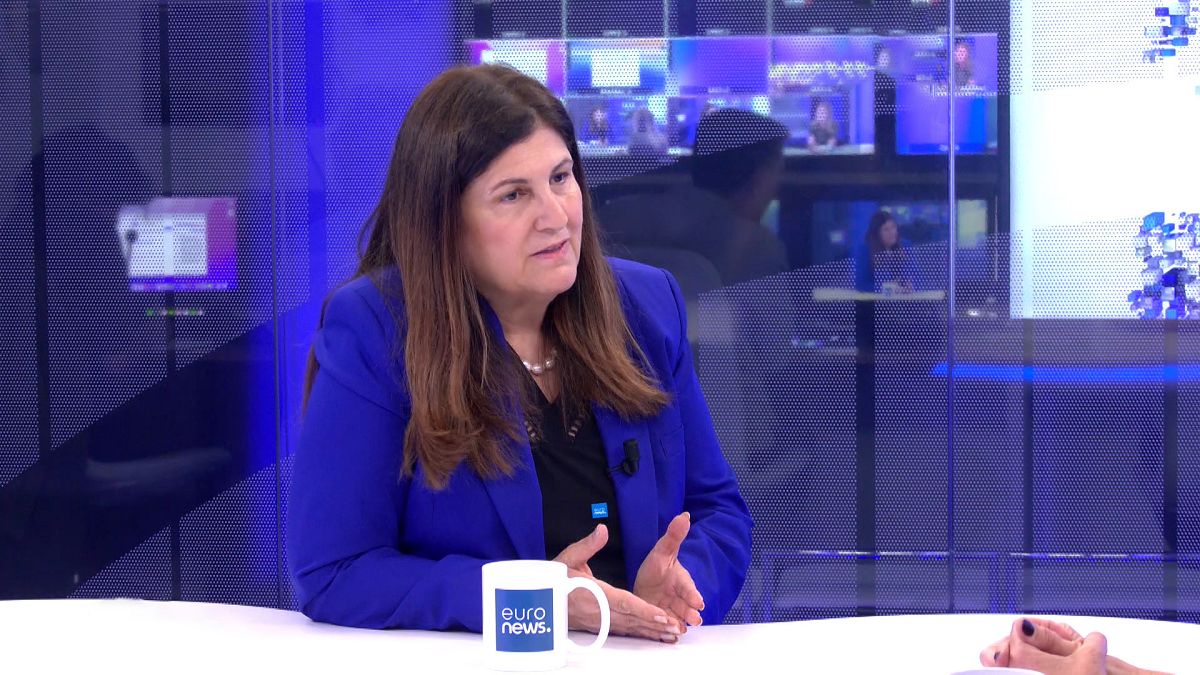

In a world that continues to evolve with dynamic political and cultural shifts, recent headlines bring to light various narratives that underscore challenges and aspirations from multiple corners of our globe. These stories accentuate the importance of social reforms, international relations, and the ongoing quest for human rights.
In the Middle East, the vision for a future Palestinian state remains steadfast. Palestinian Foreign Minister Varsen Shahin has articulated a vision of a state governed by pluralism, adherence to international law, and a strong respect for women’s rights. Shahin’s statements reflect a commitment to transparency and accountability, highlighting efforts to dismantle corruption, which are crucial in the long journey towards a two-state solution with Israel. Her optimistic outlook seeks to foster a nation where diversity is embraced, and governance is anchored in legality and fairness.
Turning to Central Europe, a cultural spark ignites debate as Hungarian authorities have barred the Irish rap group Kneecap from performing at the Sziget festival. The ban is justified by accusations against the group for alleged anti-Semitic rhetoric and support for controversial Middle Eastern groups. Kneecap, vehemently opposed to this decision, argues that the ban suppresses voices advocating for Palestinian causes, sparking a conversation about the balance between national security and artistic expression. The three-year prohibition has drawn attention to Hungary’s staunch political stance under Prime Minister Viktor Orbán, leading to broader discussions on freedom of speech within artistic domains.
Elsewhere, in the small African kingdom of Eswatini, a recent US deportation agreement has stirred unrest among civil society and opposition circles. This arrangement, which saw five deportees temporarily relocated to Eswatini from various countries, has been criticized as a guise for “human trafficking.” The agreement raises questions about the ethical implications of deportations to third countries and highlights the ongoing struggle for transparency and fairness in international agreements regarding human rights and migration policies.
On the political front in Australia, a notable act of protest by One Nation senators during parliamentary procedures has sparked a unified response from Labor and the Greens. The senators’ decision to abstain from acknowledging the traditional custodians of the land has been described as childish and disrespectful, underscoring the importance of cultural recognition and respect in national discourses. Indigenous affairs remain a sensitive and critical aspect of Australian identity, with acknowledgment practices playing a significant role in fostering understanding and reconciliation.
Meanwhile, in Saudi Arabia, concerns surrounding human rights have surfaced once again as significant travel restrictions have reportedly been imposed on women’s rights activists. Prominent figures, including Loujain al-Hathloul and Maryam al-Otaibi, face limitations perceived as efforts to stifle dissent. These measures, often extending to activists’ family members, are seen by human rights groups as a strategic effort to silence advocacy for gender equality and social reform, adding another layer to the ongoing global struggle for human rights and freedoms.
These narratives collectively emphasize the global community’s diverse challenges and the aspirational efforts towards justice, equality, and cultural respect. They highlight how intertwined our global community is, reminding us of the shared responsibility in addressing these issues with calm resolve and an open heart.
Source: {link}
